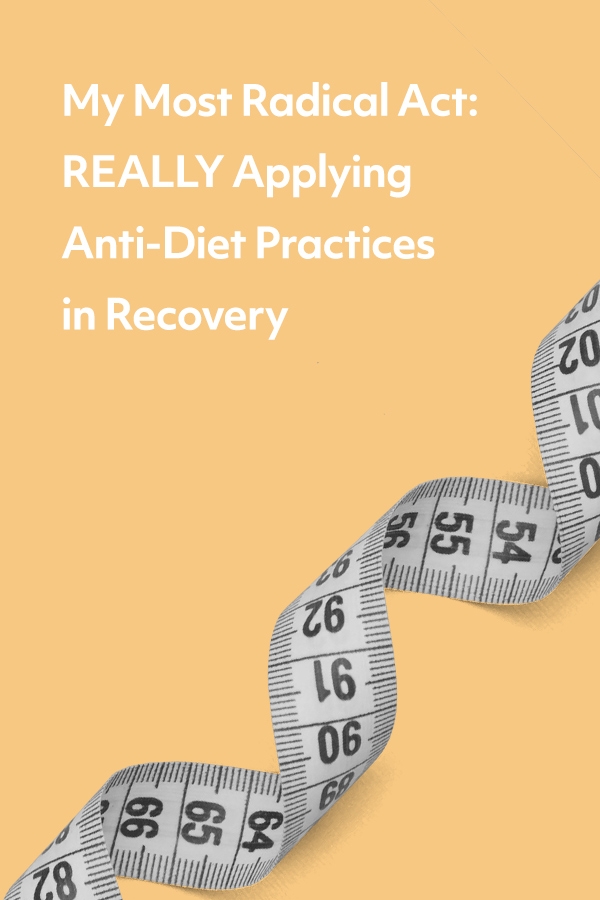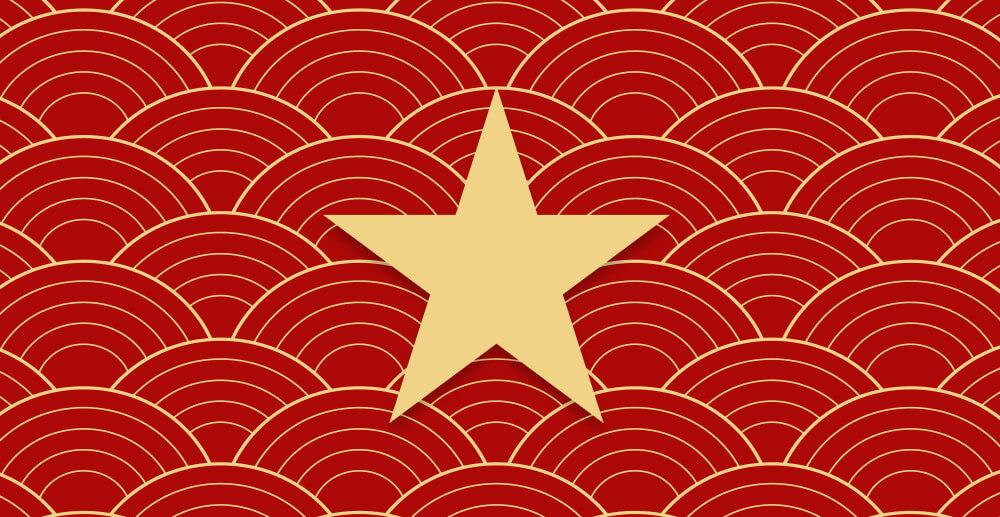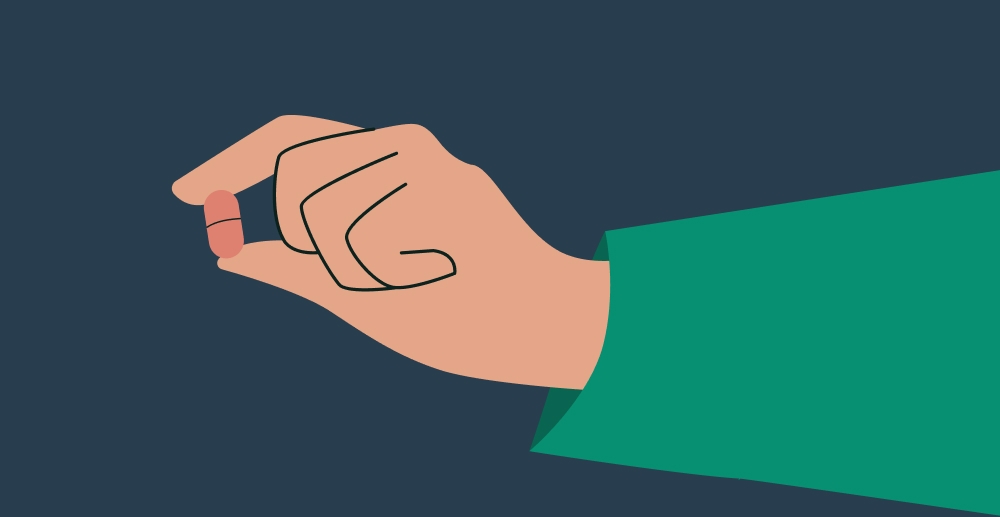It took several years to realize that my diet restrictions were bad for my health and my recovery.
I tried to bundle my sobriety.
In true Emily fashion, alcohol was not the only thing I quit on April 25, 2017. If I was already doing one hard thing by not drinking alcohol, why not throw a few more demons into the fire? I cut out carbs, I cut out sugar, and I cut out fats.
I was getting well.
The only thing I allowed myself to overdo was running or exercise. After all, I was growing as a person, and that meant shrinking as a woman.
This is healthy, I told myself, and it was what I heard from others. “You look so fit; maybe I should quit drinking.” You can’t see what a lack of drinking does to the body from the inside, but you can see what a lack of eating is doing outside. If someone wanted to draw false conclusions and call it my sobriety, who was I to stop them?
To untangle all of the blurry features of my new “wellness lifestyle” would be messy and time-consuming, and I was too busy getting clean. I was able to let the toxins of alcohol and drinking culture go—that part of my sobriety was relatively uncomplicated. I couldn’t do the same with carbs, sugars, and fats—you know, food.
The food restrictions and dieting that I coded as an evolved health plan failed two years into my sobriety. Instead of seeing the trouble with dieting, I saw a moral flaw and punished myself with new eating rules and weight loss tricks. However, any resulting changes to my size never stayed for long.
I kept expecting the resolve of my sobriety to transfer to my restricted eating. Instead of celebrating my third year of being alcohol-free, I demonized my perceived gluttony and cycled in and out of binges, restrictions, and grief.
My bundle was unraveling. Sobriety, dieting, and wellness are unrelated.
It’s just now, after four and a half years alcohol-free, that I am able to see dieting and wellness for what they are, a dangerous overlapping culture. In her book Anti-Diet, Christy Harrison defines diet culture as “a system of beliefs that equates thinness, muscularity, and particular body shapes with health and moral virtue; promotes weight loss and body reshaping as a means of attaining higher status; demonizes certain foods and food groups while elevating others; and oppresses people who don’t match its supposed picture of ‘health.'”
Diet culture supports the institutions in power and aims to distract the perceived threats to the status quo: people of color, women, and the LGBTQ community. As Naomi Wolf once said, “Dieting is the most potent political sedative in women’s history; a quietly mad population is a tractable one.”
Finding out that I dedicated years of time, money, and happiness to yet another mechanism of power and control made me angry. It made me sad to realize I had not been the ally I thought I was. Each time I fought against weight gain, I had been villainizing fat.
I felt powerless in the face of this empowering information, so I made a decision. Instead of altering what I put in my mouth, I would radically change what I put in my heart and head. I could not for one more day think that a diet was the answer to my problems. I could not continue to believe that food was the enemy, nor could I continue to disguise my desires for a smaller body as anything less than fat bias.
To put this into practice has been the most challenging thing I have ever done.
Removing diet culture from my life has disrupted my perceived identity more than my sobriety, sexuality, or any loss that I have experienced to date.
As a feminist and powerful woman, this realization and truth hold a furious and unique space in my heart. My privilege and access to resources have allowed me to seek the help of a mentor and expert in recovery from diet and wellness culture.
I have spent forty-four years believing and participating in something that told me my value would only increase as my body does the exact opposite. Diet culture told me that the smaller I got, the better I would feel, the longer I would live, and the easier I would be to love.
That ethos is painful to live in and to be without, all at once. It was abusive and familiar. There was sick comfort in having formulas, rules, and protocols.
“While I cannot entirely remove myself from diet and wellness culture as it exists today, I can rewire my thinking and responses to it.”
Lately, I feel untethered and scared more often than I would like to admit.
As I disengage from diet culture, reading books by leaders in this radical movement, talking about my discoveries with my mentor and friends, and writing out my feelings help and inspire me.
What does disengaging from diet and wellness culture look like?
Disengaging from an entire system is difficult, as anyone in recovery knows. While I cannot entirely remove myself from diet and wellness culture as it exists today, I can rewire my thinking and responses to it. That requires me to rebuild a framework for what I value, what I prioritize, and what I do literally and figuratively to feed myself.
Right now, I am educating myself on the science and the data surrounding the big diet lie. As I mentioned, I work with a professional who guides my exploration of ways to neutralize food in my life, including exposure to things I once made forbidden in my pantry.
I struggle with not assigning moral value to my menus and dining choices. As I embark on these exercises that ask me to reject my former practices around wellness, I sometimes panic over what I feel is a loss of control. I have notes posted all over the house to remind myself that restricting particular foods never gave me any power. Instead, I am learning to trust myself.
I used to think that “my relationship with food” was causing me so much pain. But, it turns out, what was really hurting me was the futile effort I made to thrive within a culture that asked me to shrink.
Over the next few months, I will be sharing my experiences as I continue to remove myself from the belief systems, the practices, and prisons of diet culture.










